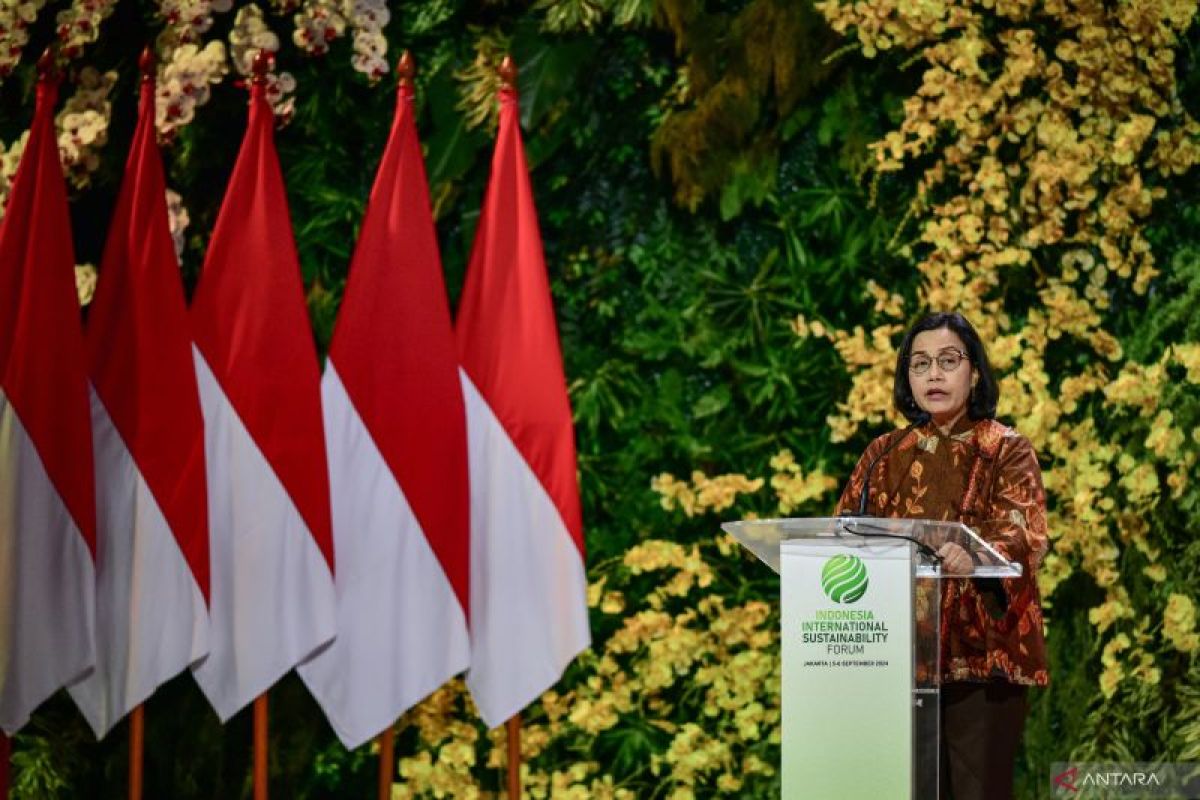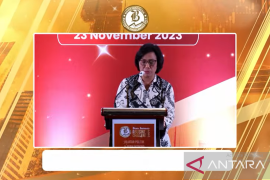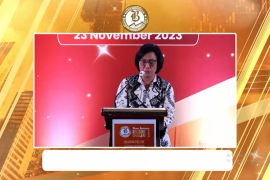Such a decline would occur if climate change is not addressed promptly, she added.
"Every time we try to increase GDP by 3 percent, as in 2024 and 2025, it requires significant effort, especially with many negative risks like climate change," she said during the Indonesia International Sustainability Forum (ISF) 2024 in Jakarta on Friday.
She emphasized that a 10 percent GDP decline would not only impact the economy but also hinder efforts to reduce poverty and create jobs, particularly for the younger generation.
Additionally, rising global temperatures, which can increase the frequency of natural disasters, could damage infrastructure, rendering it unfit for use. The cost of repairs would be substantial.
Climate change could also trigger sociopolitical instability, with poor communities being the most affected. It could widen social disparities and heighten political tensions.
"So, we understand that climate change needs to be addressed immediately. ASEAN, in this case, is a region experiencing economic growth and resilience but is not immune to the threats of climate change and geopolitics," Indrawati explained.
She also highlighted the vulnerability of the ASEAN region to the impacts of the climate crisis.
The Asian Development Bank (ADB) has estimated that ASEAN's GDP could fall by up to 11 percent due to climate change.
Although ASEAN accounts for only around 7 percent of global emissions, it must continue its development efforts while simultaneously working to reduce CO2 emissions.
She stressed the urgency of addressing climate change, especially since the World Meteorological Organization (WMO) reported that 2023 was the hottest year on record.
"Decarbonization efforts in ASEAN must prioritize optimizing public and private investment," Indrawati said. "This is why we must engage all stakeholders in discussions on climate change."
She also welcomed the ASEAN Taxonomy for Sustainable Finance, which is now in its third edition and includes transition guidelines for the transportation, storage, construction, and real estate sectors.
As part of Indonesia's commitment, the government has set a target to reduce greenhouse gas (GHG) emissions by 31.89 percent by 2030 without international assistance.
Meanwhile, Indonesia's target for reducing GHG emissions with international assistance by 2030 is 43.2 percent.
"We need US$281 billion to meet our commitment to reducing CO2 emissions for the energy transition," Indrawati said.
Related news: GBFA can help global countries in handling climate change: Minister
Related news: Egocentric world will never tackle climate change threats, says Jokowi
Translator: Bayu Saputra, Yashinta Difa
Editor: Anton Santoso
Copyright © ANTARA 2024












